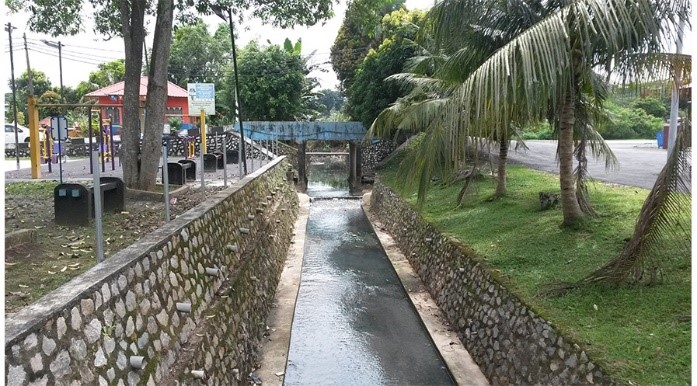The global increase of antimicrobial resistance (AMR) is among the greatest threats to human, animal, and environmental health. Based on current trends, AMR will cost up to 100 trillion USD and result in up to 10 million deaths annually by 2050. The burden of AMR is greatest in emerging countries, where increasing economic wealth permits greater use of antibiotics, but poor waste management leads to wider spread. This is observed dramatically in river systems, which can act as distributors of raw or inadequately treated sewage, including antibiotics, and antibiotic resistant bacteria and genes across the environment. However, no AMR-focused, river quality model exists for predicting exposure risks in emerging countries, which this project is developing. The projects includes two elements, 1) extensive monitoring of water quality, resistant bacteria, and genes, and antibiotics, and then 2) placing the monitoring data into a paramaterised numerical model to guide policy. This work is being performed in Malaysia on the Skudai River, which passes from rural areas to highly polluted areas in urban Johor Bahru. Malaysia is an idea case study because it was one of the first regions where resistance to colistin was detected, and it includes a range of pollutant sources and different levels of waste treatment, allowing work to contrast different sources and water quality consequences.
Academic staff: Prof David Graham and Dr Greg O’Donnell (School of Engineering) and Dr Michaela Goodson (Newcastle Medical School, Malaysia)
Researchers: Ms Amelie Ott (School of Engineering)
Contact: david.graham@newcastle.ac.uk
Sponsor: Faculty of Science, Agriculture & Engineering Singapore Scholarship
Partners: National University of Singapore, University Teknologi Malaysia, Chinese Academy of Science – Xiamen
Start Date: 2017
End Date: 2020

